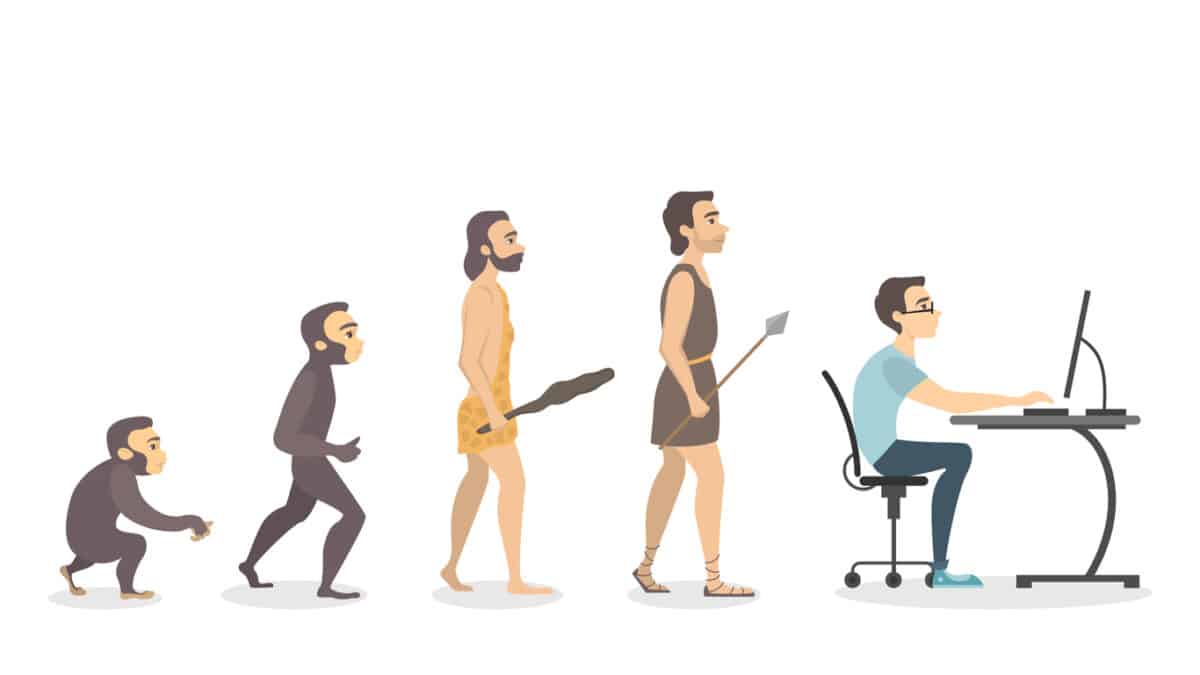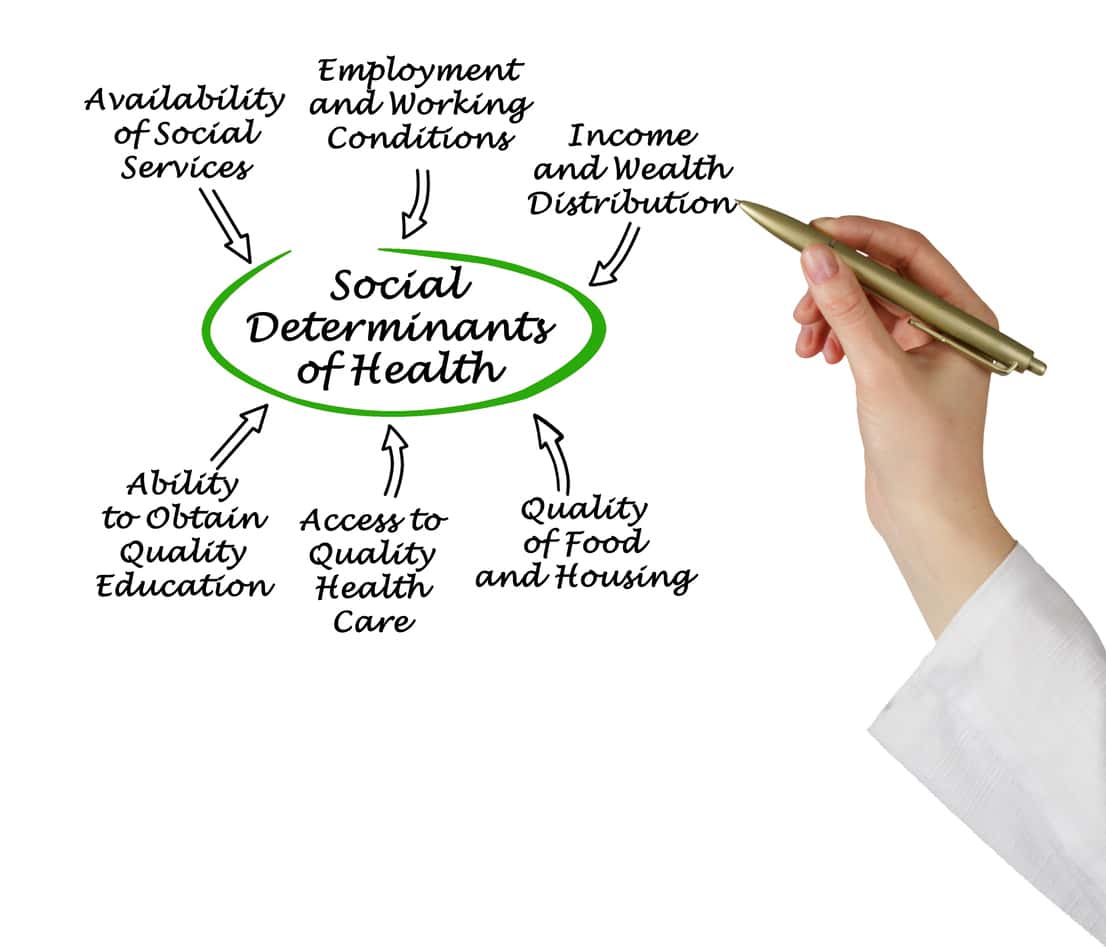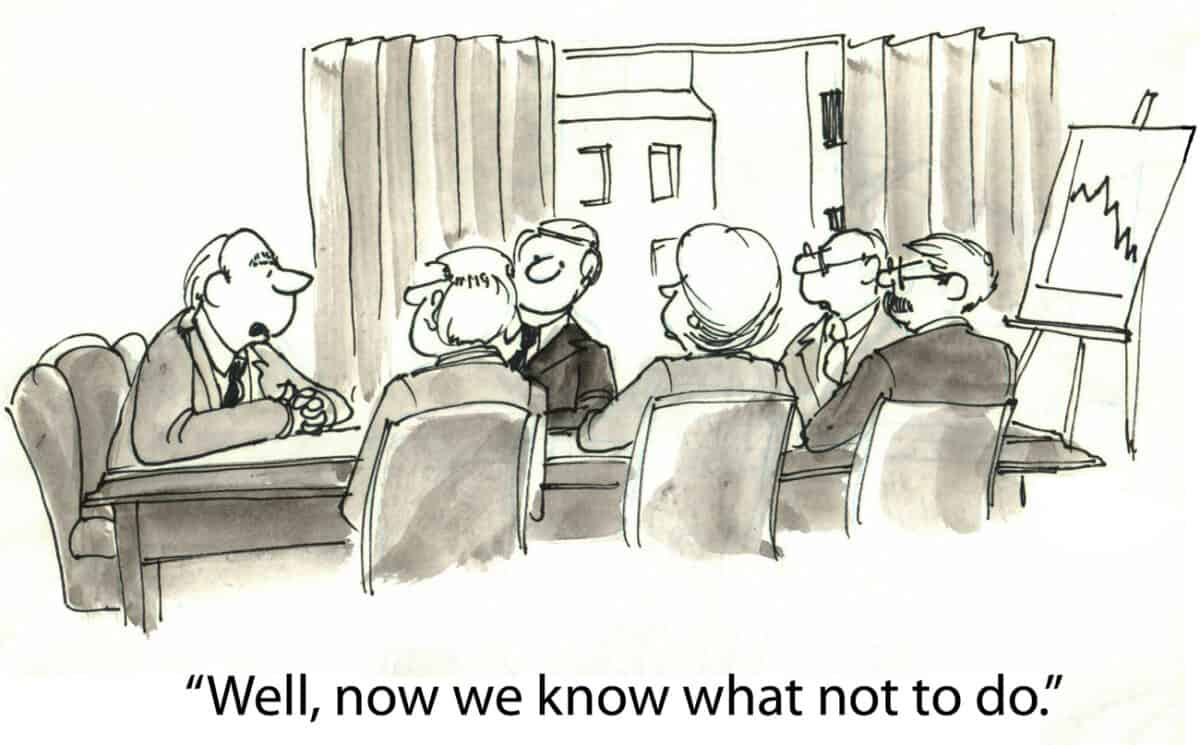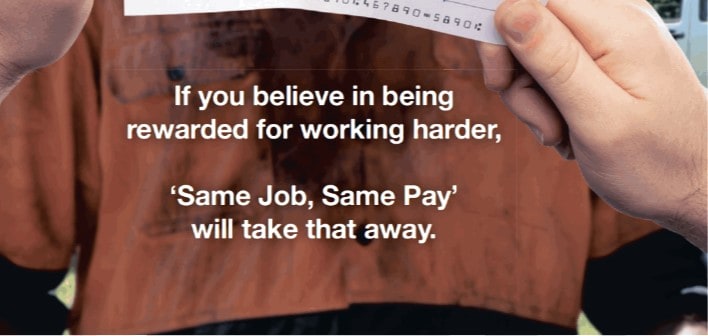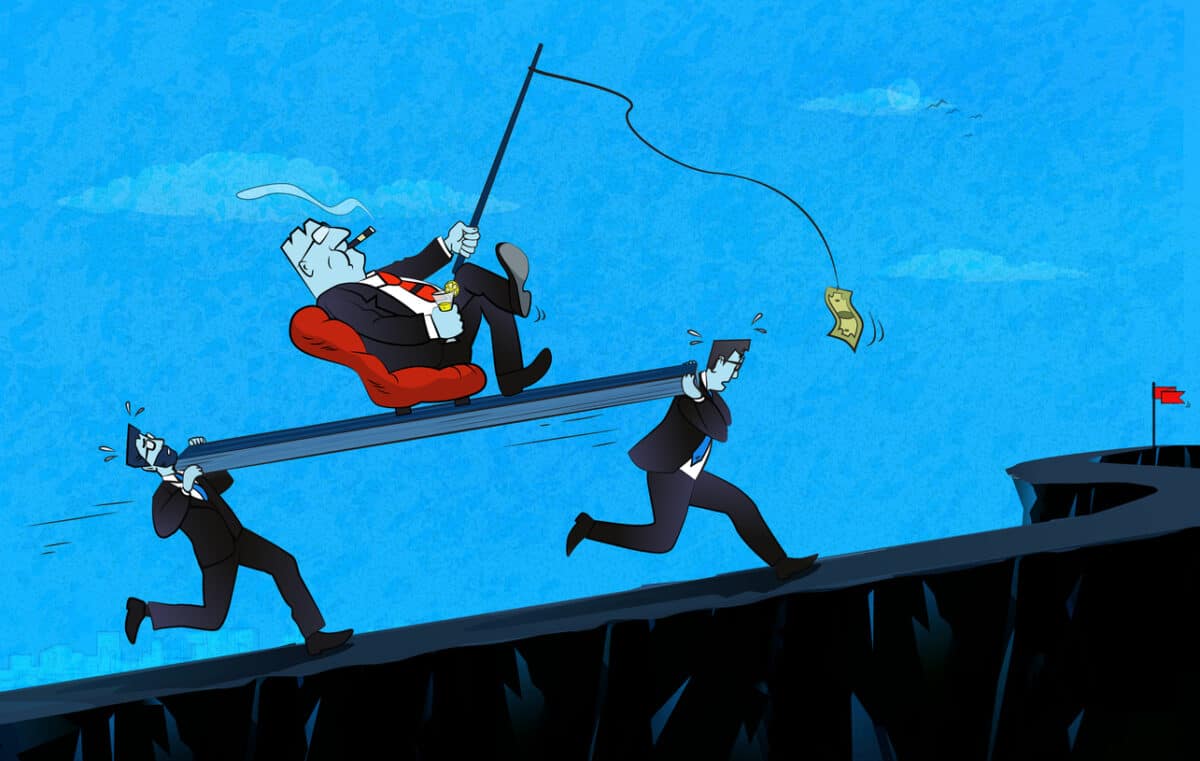The Australian Industry Group (AIGroup) has published an article intended to rebuild trust between workers and employers and is based on a “Tight Loose Tight” concept. It seems to make sense and maybe moreso to its intended audience but it is missing essential integration.
Category: industrial relations
You pay peanuts, you get monkeys
A recent Crikey article quotes a Qantas pilot saying “you pay peanuts, you get monkeys”. Australian businesses are gfighting asgainst wage increases, so they must want to employ “monkeys”.
Australia is engaging in its ritual industrial relations (IR) arguments about productivity, pay and conditions. Business concerns are that the IR changes will increase business costs beyond the point of sustainability (ie. Profitability), as always. Trade unions want improved worker pay and conditions.
Why is profit put before safety?
Occupational health and safety (OHS) is a remarkably insular profession. It tends to narrow its focus on legislative compliance even though Social Determinants of Health is a core unit of tertiary OHS education. OHS professionals are also notably weak in understanding the business realities that their employers and customers face. This inability to understand the economic realities is a common criticism of OHS, not reflecting “common sense” and being naïve.
To understand OHS’ limitations and potential, it is necessary to have a basic knowledge of the economic and political ideologies under which clients and employers work. “The Big Myth – How American Business Taught Us to Loathe Government and Love the Free Market”, by Naomi Oreskes and Erik M Conway, contributes to that understanding.
Business lobbyist misses the point
Recently the Australian Industry Group Chief Executive, Innes Willox, addressed the National Press Club in Canberra. The AIGroup is one of the “go to” business groups, along with the Business Council of Australia and mining industry groups, that the business media knows will comment on anything when asked, and frequently when not asked. Willox’s August presentation was on Industrial Relations, but it also illustrates the workplace and political culture in which occupational health and safety (OHS) must operate.
Psychosocial risks may need a new type of activism
Excessive working hours are a known occupational health and safety (OHS) hazard, both physically and psychologically. But when the excessive, excessive? When do these excessive hours start to create harm?
A recent article by the Centre for Work Health and Safety clarifies, confuses and may startle.
When “hard work” often means unsafe work
Currently, many large Australian business groups are lobbying the federal government over its plans to introduce legislation to ensure that workers achieve the same pay rate for doing the same job as others. A feature of the full-page advertisement in the newspapers is that people should be able to receive more money or a higher rate of pay if they “work hard”. This phrase is never explained but may have implications for occupational health and safety (OHS).
OHS and exploitation
Work-related harm is often generated by exploitation, but exploitation is a term rarely used by the occupational health and safety (OHS) profession. If it was, the OHS approach to harm prevention may be very different, especially now that a safe and healthy working environment is a fundamental right.
Perhaps the omission of exploitation is not that surprising. It is often seen through the lens of industrial relations, and a flexible demarcation often exists between IR and OHS. It is important to note that the International Labour Organisation’s Glossary of OSH terms also fails to include exploitation though it is from 1993.
However, a recent report from the Grattan Institute, Short-changed: How to stop the exploitation of migrant workers in Australia, does discuss workplace health and safety as an element of worker exploitation.


